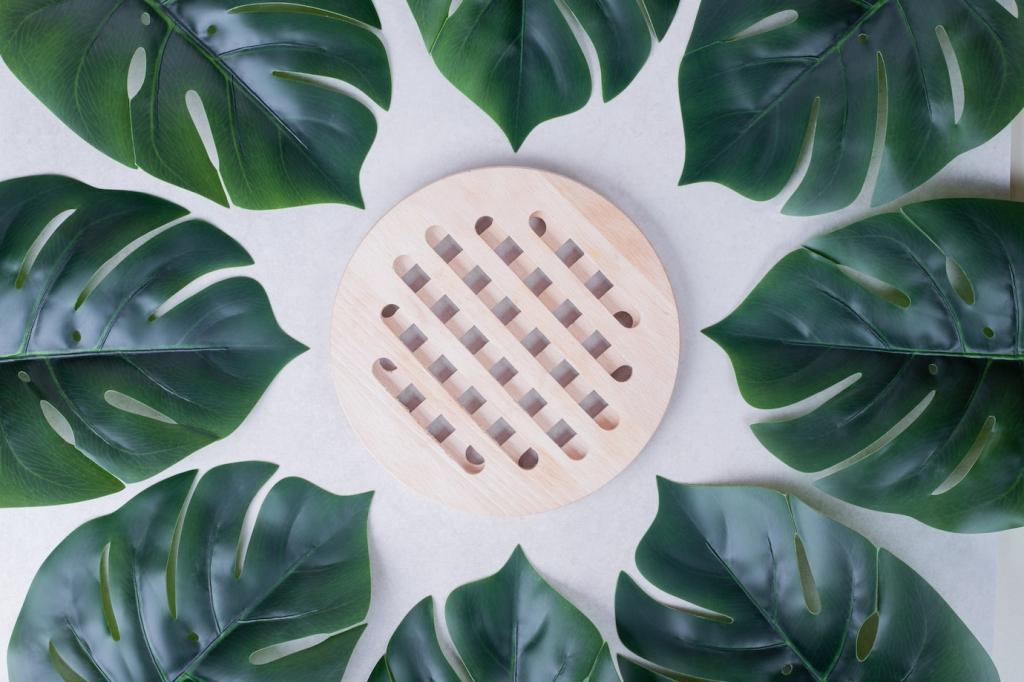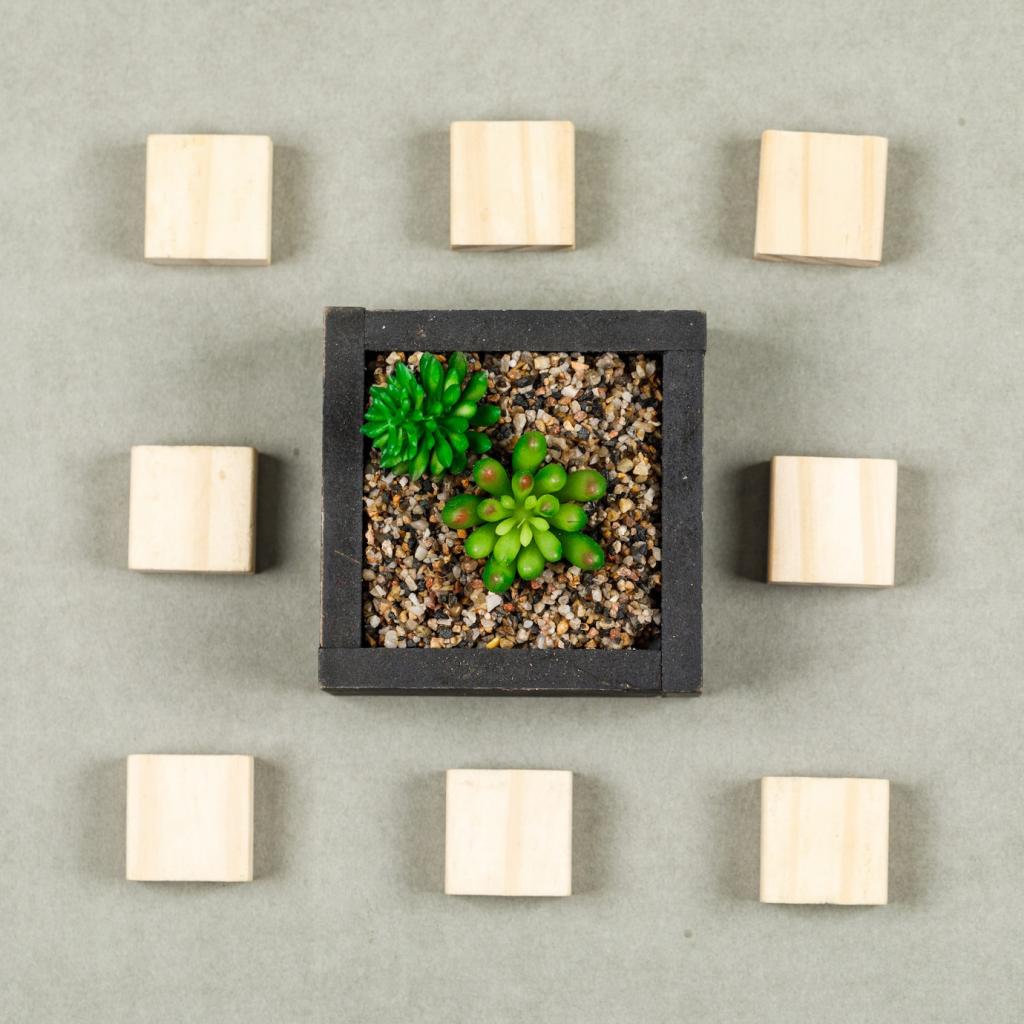
Green Roofs and Living Walls: Cities That Breathe
Chosen theme: Green Roofs and Living Walls. Step onto rooftops that bloom and facades that breathe. Explore ideas, field-tested tips, and stories that help you begin, deepen your skills, and share your progress with a growing community.



Designing for Climate and Structure
Load and Waterproofing
Begin with a structural assessment that considers saturated weight, snow, and people. Specify a root-resistant membrane, protect it during construction, and flood-test thoroughly. Tiny punctures become big problems later, so respect every edge, seam, and penetration.


Plant Palettes by Place
In hot, dry climates, choose drought-tolerant sedums, grasses, and aromatic herbs; in humid shade, lean on ferns and hardy groundcovers. Living walls thrive with reliable irrigation and natives. Tell us your region, and we will suggest resilient palettes.
Installation Steps, From Bare Deck to Bloom
Survey the roof, verify slope to drains, and photograph all penetrations. Confirm warranties and approvals. Stage materials to protect the membrane, pad worker paths, and keep tools organized so nothing sharp wanders where it does not belong.

Seasonal Routines
In spring, check drains, renew mulch, and reseed gaps. Summer demands irrigation checks. Autumn trimming reduces wind load, while winter inspections watch for freeze-thaw damage. Keep a logbook and share lessons learned to help our whole community improve.
Irrigation and Nutrients
Drip emitters and moisture sensors reduce waste while keeping roots hydrated. Use recirculating systems on walls to save water. Light, seasonal fertigation sustains vigor without runoff. Subscribe for our maintenance checklist and monthly reminders timed to regional weather patterns.
Bugs, Birds, and Balance
Avoid broad pesticides; encourage lady beetles, lacewings, and soil microbes to do the quiet work. Add shallow bird waterers and nesting pockets. Track sightings with your phone and comment below so neighbors learn what thrives beside them.
Nature’s Services: Cooling, Biodiversity, and Stormwater
Beating the Heat Island
Vegetated surfaces cool through shade and evapotranspiration, easing indoor peaks and reducing air conditioning demand. Studies report dramatic surface temperature drops on planted roofs during heat waves. Share your summer data with us to build a local cooling map.
Rain as Resource
Instead of overwhelming drains, green roofs soak and slow rain, often retaining a significant share of annual rainfall. Smart controls time wall irrigation to storms. Tell us your city, and we will suggest strategies for storm seasons.
Urban Wildlife Corridors
Native plantings weave perches and nectar stops across rooftops and facades, helping pollinators cross hostile streetscapes. Add varied bloom times and small water sources. Record sightings, subscribe for ecology updates, and tag us when monarchs finally arrive.
Making the Case and Getting Involved
Policies and Incentives
Many cities offer grants, density bonuses, or stormwater fee reductions for vegetated roofs and facades. Check your local programs, then share helpful links in the comments. Your tip could unlock someone’s first project this season.
From Vision to Approval
Gather champions early: owners, facility staff, neighbors, and maintenance leads. Present a maintenance plan, clear access routes, and safety commitments. Post design drafts here, ask questions, and crowdsource solutions from readers who have navigated permitting before you.
Join the Conversation
Tell us which plants you trust on windy corners, or which wall modules stayed leak-free through winter. Subscribe for new guides, comment with photos, and invite a friend who dreams of turning gray surfaces green.
